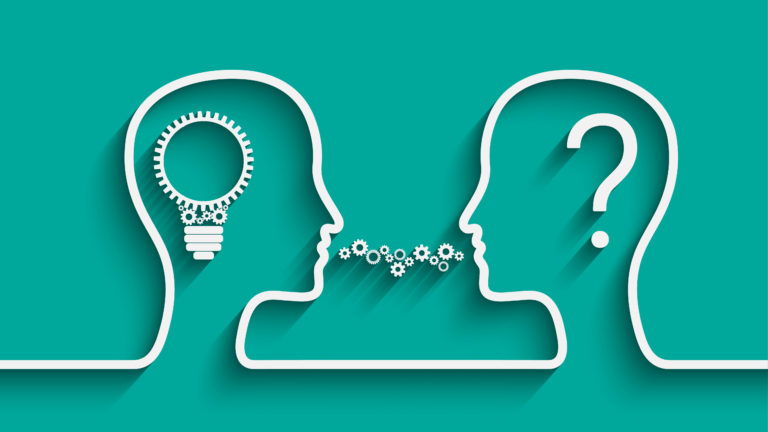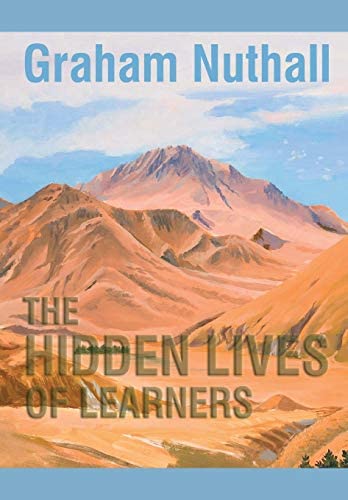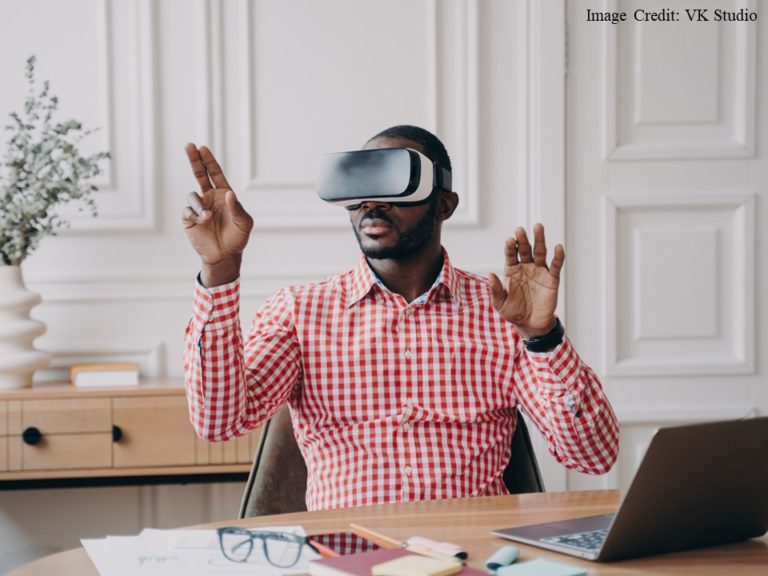-
ABOUT THE AUTHOR
Andrew Watson
Andrew began his classroom life as a high-school English teacher in 1988, and has been working in or near schools ever since. In 2008, Andrew began exploring the practical application of psychology and neuroscience in his classroom. In 2011, he earned his M. Ed. from the “Mind, Brain, Education” program at Harvard University. As President of “Translate the Brain,” Andrew now works with teachers, students, administrators, and parents to make learning easier and teaching more effective. He has presented at schools and workshops across the country; he also serves as an adviser to several organizations, including “The People’s Science.” Andrew is the author of "Learning Begins: The Science of Working Memory and Attention for the Classroom Teacher."
Tags
ADHD adolescence attention autism book review book reviews boundary conditions classroom advice conference speakers constructivism/direct instruction creativity desirable difficulty development dual coding elementary school embodied cognition emotion evolution exercise experts and novices gender high school homework intelligence long-term memory math methodology middle school mindfulness Mindset motivation neuromyths neuroscience online learning parents psychology reading retrieval practice self-control skepticism sleep STEM stress technology working memoryRecent Comments
- Book Club Materials for Just Tell Them – Education Rickshaw - Metro Health News on Just Tell Them: The Power of Explanations and Explicit Teaching...
- How to Present at a Conference... |Education & Teacher Conferences on Enjoyment or Skill? The Case of Reading
- How to Present at a Conference... |Education & Teacher Conferences on Do *Goals* Motivate Students? How about *Feedback*?
- Roberta on Seriously: What Motivates Teachers to Be Funny?
- Revisiting the "Handwriting vs. Laptops" Debate: More Moving Goalposts |Education & Teacher Conferences on Handwritten Notes or Laptop Notes: A Skeptic Converted?
ABOUT THE BLOG

The Trad/Prog Debate Gets Weird
Few debates rage hotter in education circles than that between educational progressives and educational traditionalists….

The Hidden Lives of Learners
Many times over the last several years, I’ve heard enthusiastic reviews of a seemingly-magical book…

To 600, and Beyond…
WordPress informs me that this is the 601st article I’ve posted on this blog. That’s…

My Detective Adventure: “VR Will Transform Education”
A friend recently sent me a link to an article with a click-baity headline: something…

How Teachers Can Use Neuroscience in Education
I recently saw two very different looks at neuroscience and learning, and I thought they…

Warning: Misguided Neuroscience Ahead
I recently ran across a version* of this chart: As you can see, this chart…

The Limitations of Retrieval Practice (Yes, You Read That Right)
Last week, I wrote that “upsides always have downsides.” That is: anything that teachers do…

Upsides Always Have Downsides: “Side Effects” in Education Research
Here at Learning and the Brain, we believe that research can improve education. Specifically, research…

Getting the Details Just Right: Retrieval Practice
Can we ever research a topic too much? Can we reach a point where, well,…

Walking Promotes Creativity? A Skeptic Weighs In…
When teachers try to use psychology research in the classroom, we benefit from a balance…

